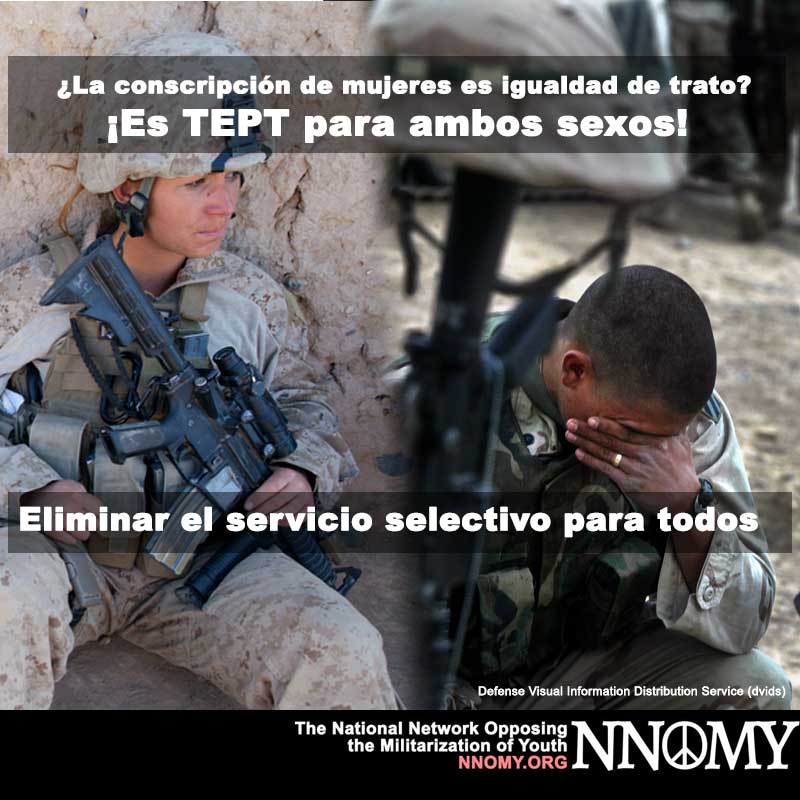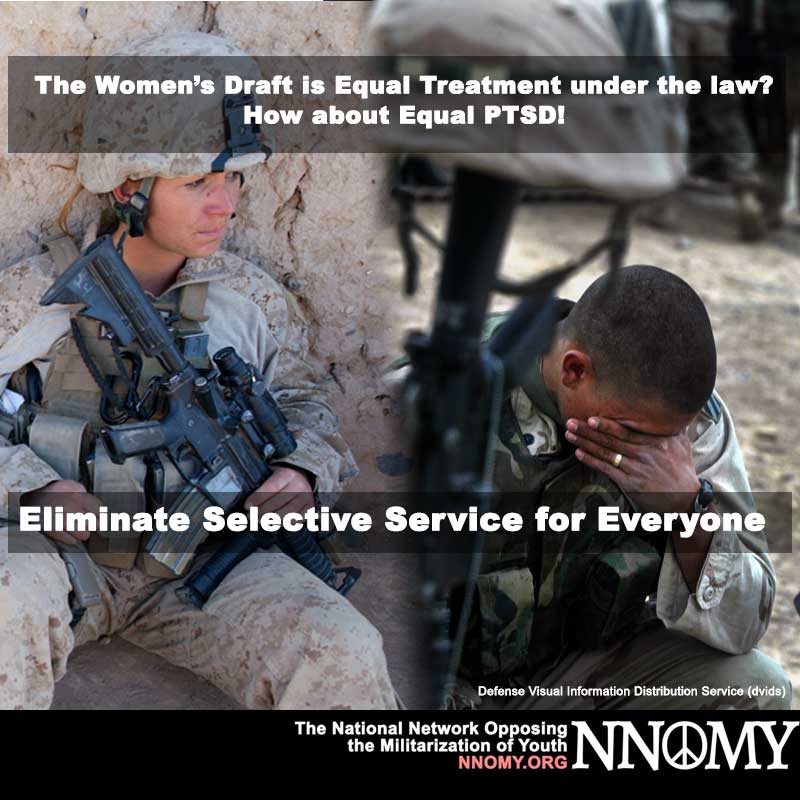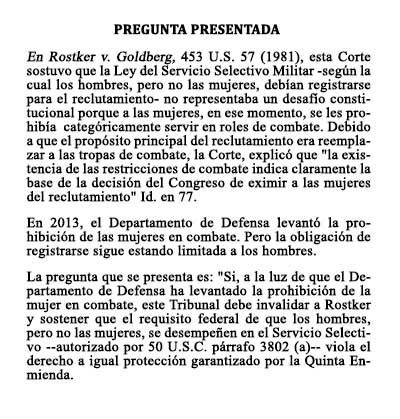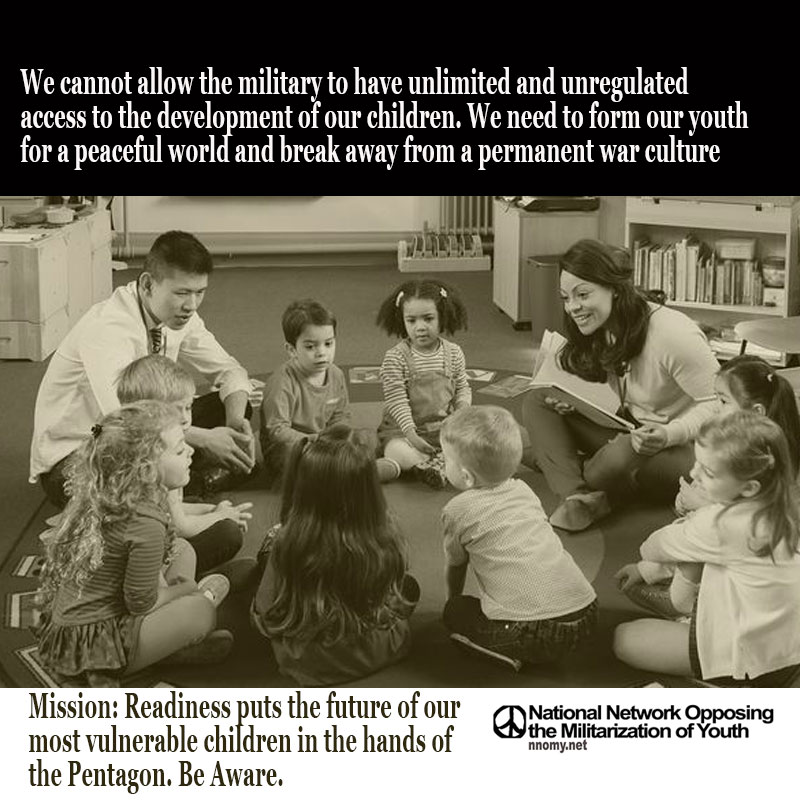 https://nnomy.org/socialmediaoutreach/
https://nnomy.org/socialmediaoutreach/
In this digital age, we are now firmly in an ongoing and evolving time where social media communications is an essential communication framework for current and succeeding generations in technologically developed countries.
For those groups doing counter-recruitment and youth demilitarization activism, it is an essential tool to communicate with youth inside and outside the school environment. The military has and will invest billions in their outreach to youth on multiple social media platforms as well as making their presence strongly felt in the online gaming channels. These platforms are becoming a powerful resource of both indoctrinating youth into a military ethos that normalizes war and provides all the military services an additional means of expanding their recruitment efforts to reach youth.
Groups that are doing Truth in Recruitment and Counter-recruitment outreach inside of public schools are going to have to implement limited human and financial resources to expand their online presence in order to stay relevant with the times and to increase their opportunities for communication with current generations of youth.
This will be a struggle for activist organizations that cannot hope to match the online footprint of the military recruitment budget and need to consider other opportunities to increase their visibility and messaging. Those opportunities will need to include coordinated campaigning on strategic themes during times of the year when military recruiters are most actively recruiting.
The following section of Social Media Campaign Resources are designed by categories most relevant to counter-recruitment practice and are used by the National Network Opposing the Militarization of Youth for their own campaigns directed at the groups doing counter-recruitment in the communities regionally and nationally. These resources also include images and video shorts that can be directed at youth by your groups that the military targets for recruitment that are designed to initiate reaction and education to provide an alternative narrative.
Together, in concerted campaigning, we can have a greater visibility and influence some youth considering joining into military service to explore peaceful alternatives for their futures.
Use them on your social media channels in your news feeds and announcements and in your general online outreach.
Social Media Resources by Category or Campaign:
###
Revised FC 10/09/2023


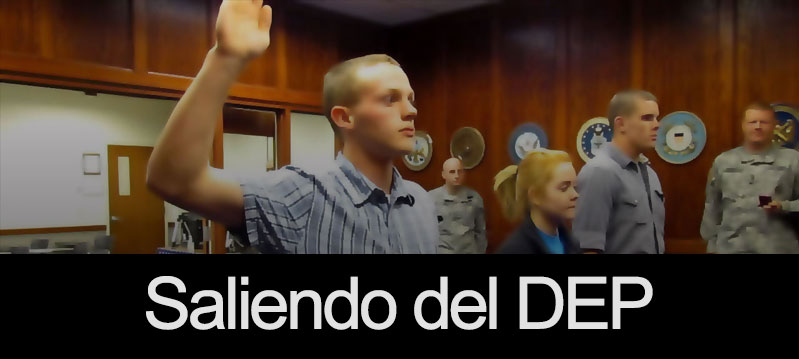
 Gary Ghirardi / NNOMY - A not surprising but concerning feature of the 2021 National Defense Authorization Act is the doubling of the Junior Reserve Officers Training Corps in our public schools and the expansion of DoD STEM and of the STARBASE Program into territories that the United States of America controls in the Pacific.
Gary Ghirardi / NNOMY - A not surprising but concerning feature of the 2021 National Defense Authorization Act is the doubling of the Junior Reserve Officers Training Corps in our public schools and the expansion of DoD STEM and of the STARBASE Program into territories that the United States of America controls in the Pacific.